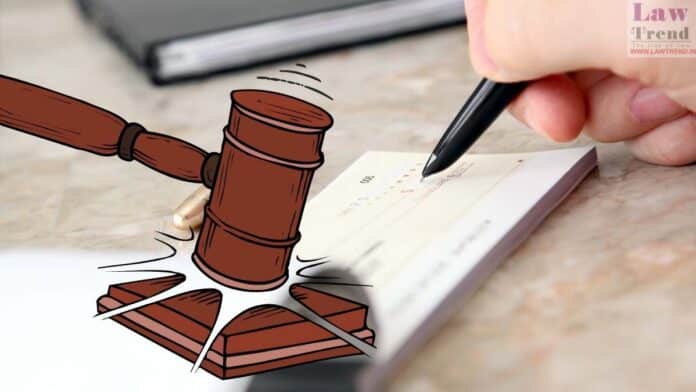Cheque bounce is an offence u/s. 138 of the NI Act (Negotiable Instruments Act, 1881) punishable with a fine which can extend to twice the amount of the cheque or imprisonment for a term not more than two years or both.
When the payee/ holder present a cheque to the bank for payment and the cheque is returned unpaid by the bank with a memo of insufficient funds “This is called Cheque Bounced”.
In such a case, the payee/ holder of the cheque can issue a Statutory Legal Demand Notice through Advocate in writing to the drawer/ issuer within 30 days of an intimation received from the bank through post wherein demanding to pay the cheque amount.
After issuance of the Statutory Legal Demand Notice, the payee/ holder must give 15 days time to the drawer/ issuer from the receipt of the Statutory Legal Demand Notice. If the drawer/ issuer did not clear the payment of cheque amount even after the expiry of 15 days time period then legal proceeding can be initiated by the payee/ holder against the drawer/ issuer within 30 days after expiry of 15 days.
Criminal Complaint: After expiry of 15 days of issuing the Statutory Legal Demand Notice, the payee/holder should register a complaint u/s. 138 of NI Act, 1881 which is a criminal offence. That the said complaint has to be file within 30 days after expiry of 15 days of the issuance of Statutory Legal Demand Notice before the concern area Magistrate “Where the cheque was presented for payment”.
Civil Suit: That the payee/holder can also initiate civil action against the drawer/issuer to pay the cheque amount, due to him before the concern Civil Judge.
Criminal Complaint u/s. 420/406 IPC: Complainant can also file complaint under 156(3) r/w 200 Cr.PC.
Process Step by Step:
Criminal Complaint;
1. File a complaint before the Magistrate after the expiry of 15 days of receipt of cheque bounce notice.
2. After filling the payee/complainant/holder has to appear before the court and provide the details of the case. If the Magistrate is satisfied with the statement of complainant, the concern court will issue summons to the drawer/issuer to secure his presence before the court.
3. The drawer/issuer will appear and if he denies the liability of cheque, he has to apply for bail with surety and thereafter his statement will be recorded and the court will proceed with the criminal trial of the case.
4. Furthermore both the parties will file their respective evidence and arguments to the court.
5. After hearing both the parties, If the court found the accused/drawer/issuer guilty of the offence of cheque bounce will pass a judgement of conviction with a monetary penalty which may be double of the amount of cheque or imprisonment up to 2 years or both against the drawer/issuer.
Written By:
Adv. Prem Joshi
Founder, Joshi Law Associates (JLA)
Practicing in Delhi High Court & District Courts




